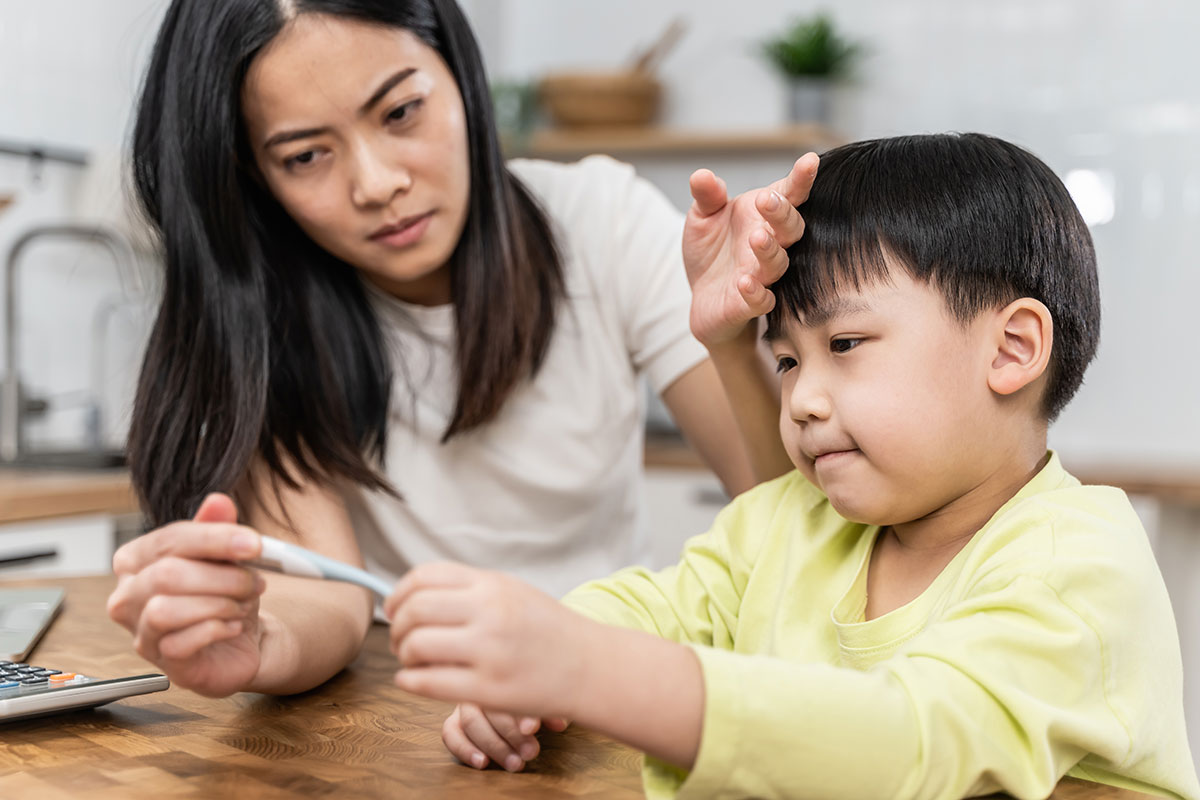-
Services
Featured Specialties
-
Locations
Location Type
-
Patients & Visitors
Published November 09, 2022

Respiratory syncytial virus, or RSV, is a common respiratory virus that usually affects kids under 2-years-old during the winter months. However, anyone can get it and it can cause more severe illness in infants, those who are immunocompromised and older adults.
Common symptoms include:
Look familiar? Thomas Murray, MD, Associate Medical Director of Infection Prevention for Yale New Haven Children’s Hospital said it’s “almost impossible” to tell the difference between RSV and COVID-19. To help stop the spread of these respiratory illnesses, kids need to stay home and be tested if they present with symptoms.
Dr. Murray said treating RSV comes down to symptomatic care. Get kids rested and hydrated with fluids and chicken soup.
RSV is just one of nearly a dozen other respiratory illnesses that tend to circulate in the fall and winter. Other common viruses include rhinovirus, which is the cause of the common cold, parainfluenza, which can cause croup, and the flu.
Everyone should get a flu shot. If parents suspect their child has the flu, they should call their pediatrician as certain medications can help their recovery.
In addition to COVID-19 and flu shots, there are now RSV shots available for certain patients. Nirsevimab (Beyfortus) is for all babies up to 8 months old who are about to enter their first RSV season and for infants between 8 and 19 months who are at high risk of severe infection due to things like being born premature, having a congenital heart condition or chronic lung problems.
Dr. Murray said now is also a good time to brush up on the basics of infection prevention.
“One of the most important things is not going to surprise anyone these days but it’s hand washing, hand washing and more hand washing,” Dr. Murray said.
While COVID-19 predominantly spreads through the air, other common respiratory viruses spread by touching surfaces and then touching the face – something kids do all the time.